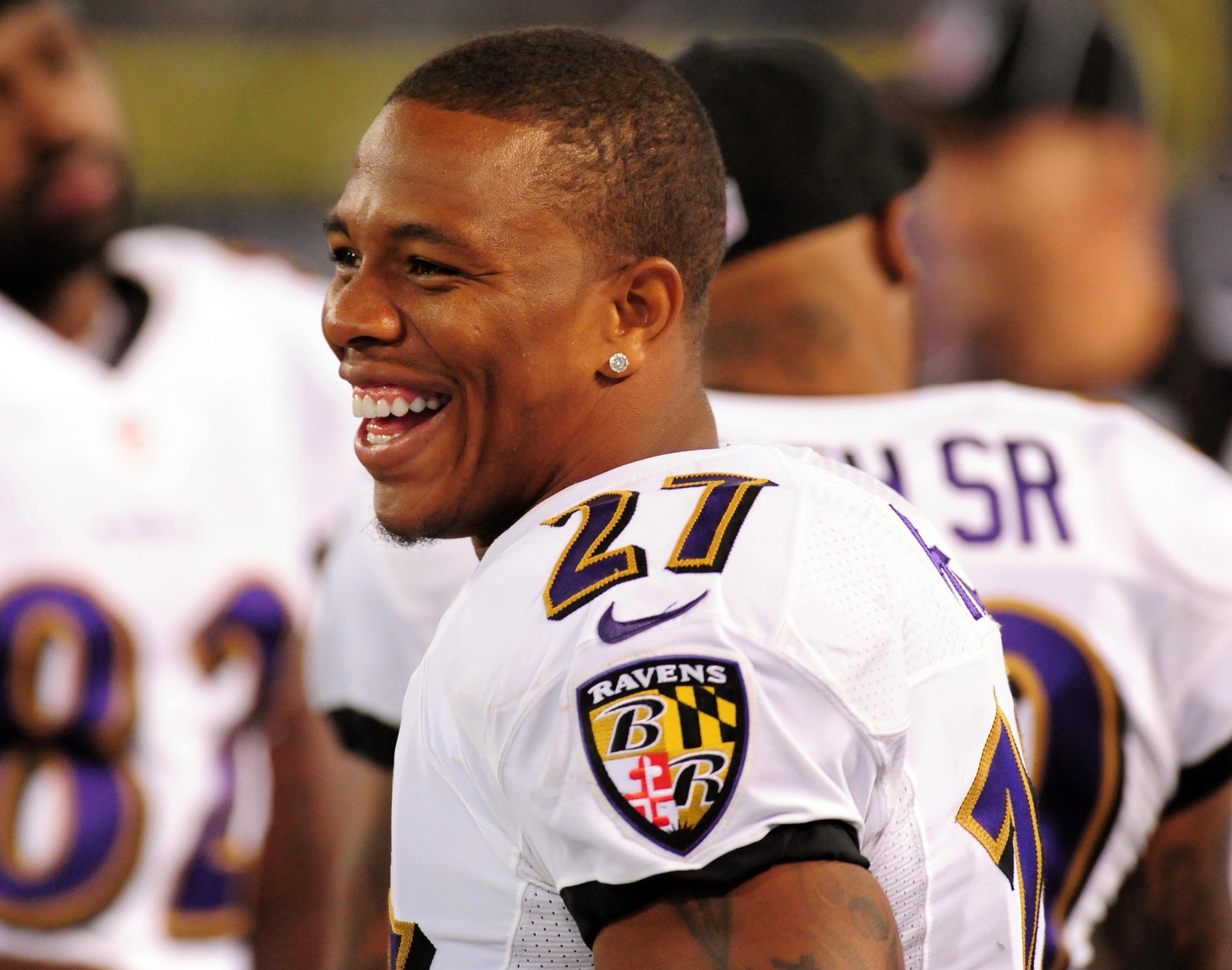The following op-ed was submitted by sports agent Eugene T. Lee. Mr. Lee is President/CEO – ETL Associates, Inc. and may found on Twitter – @EugeneTLee.

A high-profile sports figure’s fall from grace is nothing new in our society. Iconic athletes such as Tiger Woods, Lance Armstrong and Michael Vick have all experienced precipitous falls from the very pedestals on which they once stood – Woods for his infidelities, Armstrong for his rampant doping and adamant denials and Vick for his inhumane treatment of man’s best friend. The common thread among these various scandals was a betrayal of public trust. It is the same sense of betrayal that has lied at the heart of the Ray Rice controversy – to see this model citizen of Baltimore, a man so beloved and respected in the community, commit this graphic, deplorable act.
There was a troubling disconnect between the Ray Rice the general public knew and the person in that elevator who committed such a heinous act. Who was the real Ray Rice? The beloved champion of charitable and community causes? Or the vicious perpetrator who struck and knocked out his fiancée?
With the retirement of Ray Lewis, Ray Rice had become the face of the Baltimore Ravens. He was beloved and extremely active in the community and regularly attended charitable events. He hosted an annual football camp for disadvantaged kids and, in an ironic twist of fate, dressed up once as Santa Claus at an event hosted by the House of Ruth, a Baltimore shelter for victims of domestic violence.
In general, we are a forgiving society. If there is genuine remorse and, more importantly, active efforts to become an ambassador against the very crime that the perpetrator once committed, then there is always a chance for redemption. Despite the reprehensible nature of the crime, what Ray Rice has working for him are the countless hours he invested and gave of himself to make a difference in the community prior to the incident. In order to regain public trust, Ray Rice will need to exhibit genuine remorse and actions and words that are consistent with that remorse. He will need to become actively involved in the fight against domestic violence as a high-profile spokesperson to educate players and the general public on the dangers of domestic violence – to use his horrible mistake as a catalyst for change in our society. Then, and only then, will Ray Rice have a chance to redeem himself in the public eye as a good man who made a terrible mistake, but who is using his own experience to combat the very evil that caused him to fall.
The reality is even if Ray Rice does all the right things and works tirelessly to regain public trust, he may never sign another NFL player contract again given the public relations nightmare that would ultimately ensue. However, even if Ray Rice never plays another down in the NFL, should he choose to use his own example to educate and prevent other players and members of the general public from committing the same atrocity, he will have had more of an impact in the lives of countless individuals than if he had enjoyed a Hall of Fame career. There is still time on the clock.
